I’d Like To Know Her.
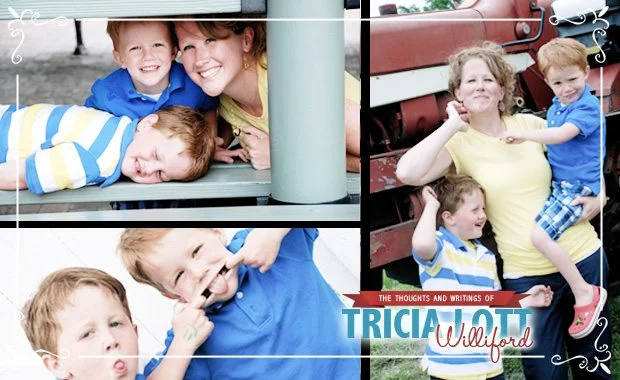
I would like to know Moses’ mom.
I was reading about her this morning, and as I often do with the character in any book I’m reading, I imagined the truth of her as a person, a woman, a mom.
She gave birth to her son at a time when the King of Egypt had decided there were too many Hebrews, they were a threat to his kingdom, and all baby boys must be killed as soon as they are born. Only the little girls would live.
These were the days before ultrasounds; she couldn’t know the gender or the fate of the child within her womb until he was born. A boy. A boy who must be killed.
She hid him for three months. (This, I propose, is the original definition of Attachment Parenting.) She hid him until he became too big to hide, and then she fashioned a waterproof basket that would carry him down the river. She hoped he may be carried to safety, but she couldn’t be sure. She couldn’t be at all sure.
That’s some intense optimism, to know that sending her newborn ‘out to sea’ was the safest plan.
I imagine her grief as the day approached. I wonder if she delayed it even past the formidable deadline she had set. I wonder if she thought, “Not today. Just not today. I need one more day.”
Until she couldn’t have one more day. I imagine her holding this infant, probably less than four months old. I imagine her breathing his scent, kissing his eyelids, tracing the lines of his face, memorizing him.
And then placing him in a basket and letting him go.
The story unfolds just a bit down the river, when Pharoah’s daughter hears the baby crying. She finds him tucked safely in the basket, caught in the reeds of the riverbank.
Immediately, she knows he must be Hebrew; that’s the only reason for his mother to choose such a relinquishing, lifesaving measure.
Baby Moses had an older sister, and she too had trouble letting him go. (We big sisters keep an eye on younger brothers for as long as we’re allowed.) In such boldness – and I assert, in an Oscar winning performance – she pretends she doesn’t know this baby, but she could perhaps find a nursing mother who would be able to care for him until he is weaned.
Well played, Miriam. Well played.
Pharoah’s daughter agrees, since she’s apparently neither lactating nor skilled in the constant needs of a newborn.
And in a divine act of protection and providence, Moses is returned to the arms of his mother. She gets him back.
She had given him up; she had relinquished the baby and her role as his mother. She had grieved the wrenching loss of both – more deeply than I can imagine.
I picture her taking him in her arms once more. I imagine him quieting as newborns do when they know the comfort of mommy’s arms, her voice, her scent. I imagine her feeding him, her tears falling into his hair as he nurses at her breast.
“Come, my precious boy, I know you.”
I imagine the overwhelming joy of taking him back, claiming all she had given up.
I don’t know what to say about the thousands of Hebrew mothers whose stories are not written that way. The women who perhaps lost son after son after son in the name of Egyptian law.
I don’t know. Sometimes stories don’t end happy. Sometimes relinquishing is permanent; the gift is gone for good. All you can do is hope you loved him, noticed him, studied him, cared for him, enjoyed him enough while he was here. All you can do is let yourself live in the vague definition of ‘enough.’
But my heart is tender today for Moses’ mom, Jochebed. She’s barely mentioned in Exodus, and yet she is listed among the greatest of faith in the book of Hebrews.
I’d like to know her.


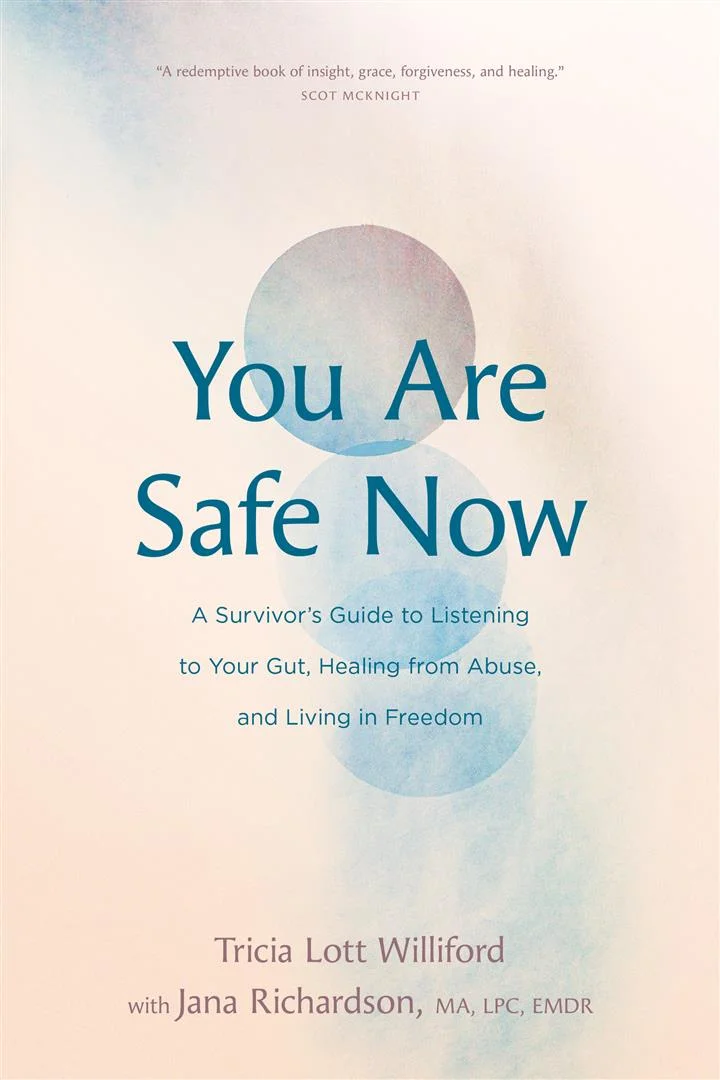
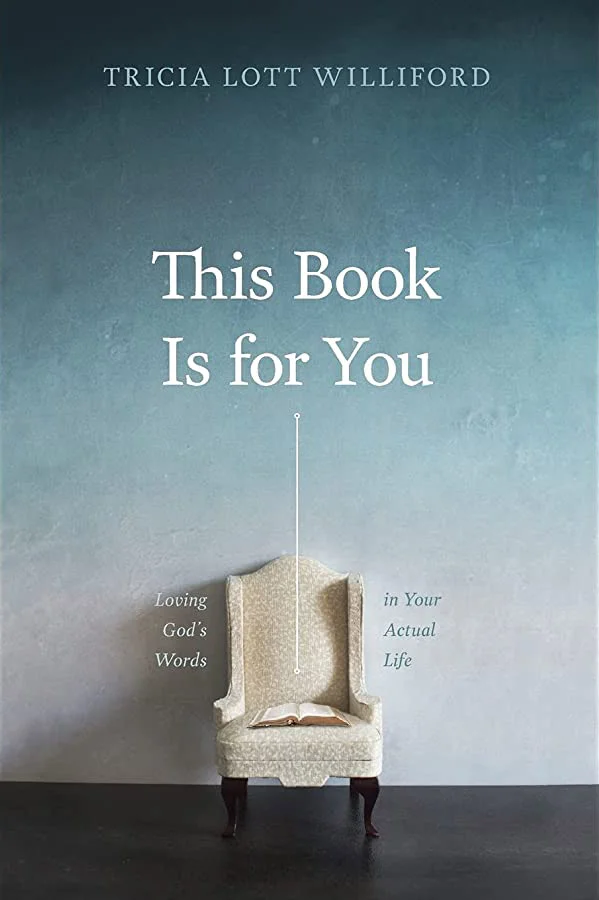
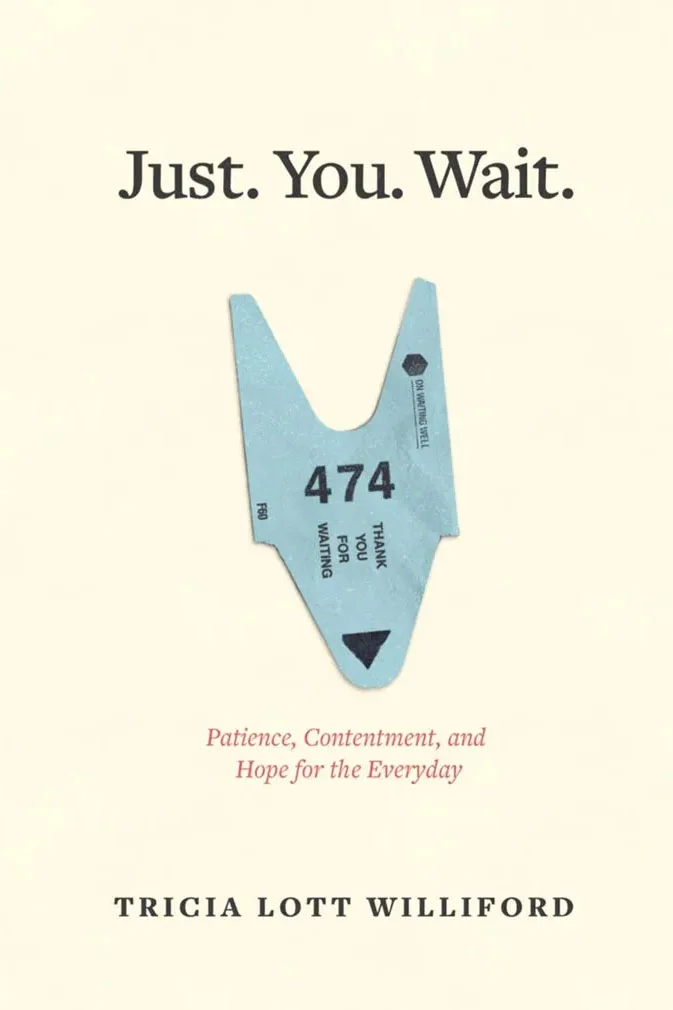

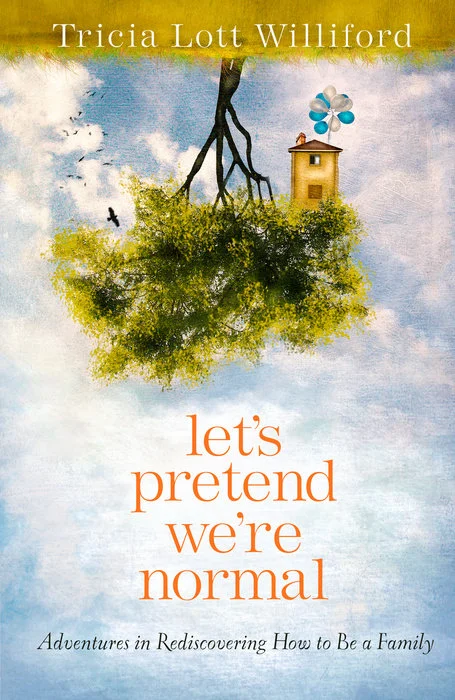
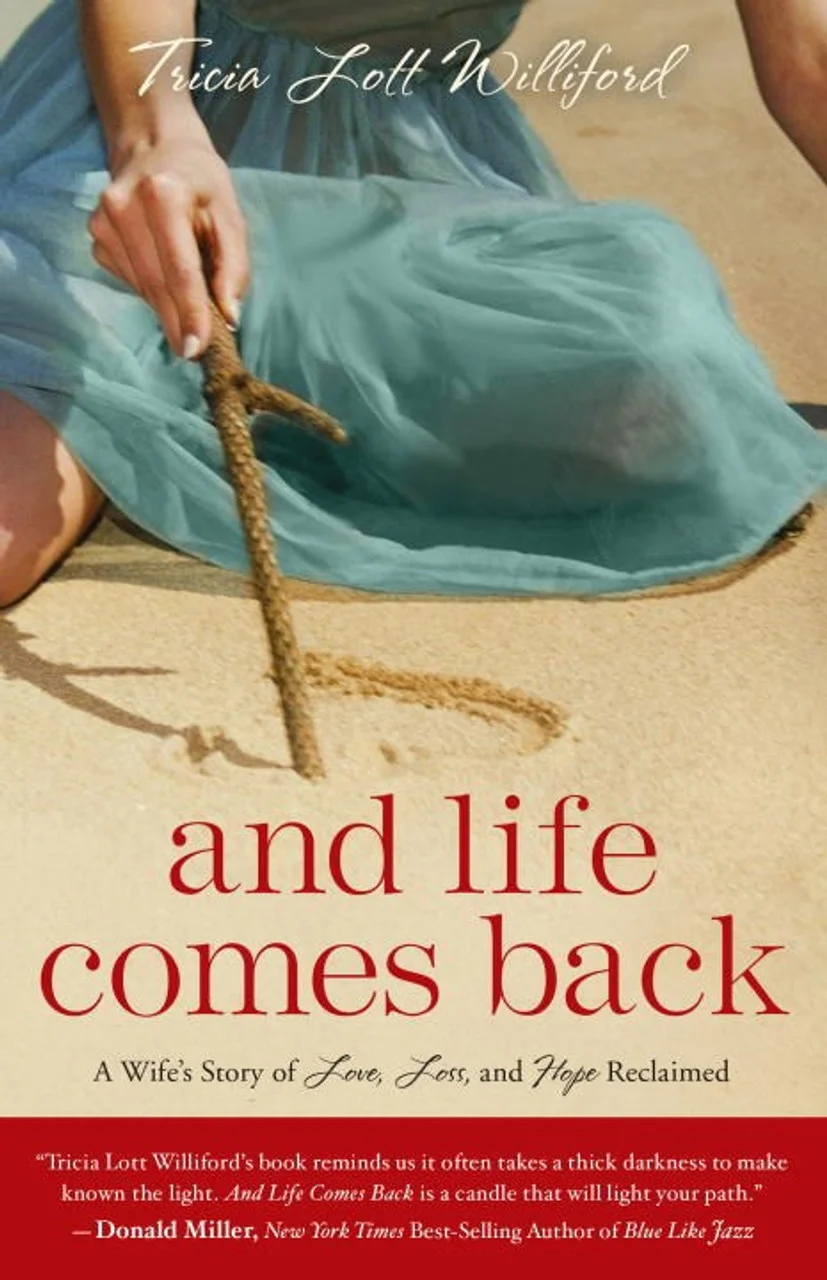

Becky says:
I really had to read this one twice.
I had a blood test for my current pregnancy come back with a greatly increased chance for Trisomy 18. I felt like it was my duty to love the little one for as long as God gave me and to give her back if that was his will. Peace settled over me as I accepted that either fate was in His hands and waited for what felt like forever for a ultrasound to try to determine if my child had Trisomy 18 or not.
When we went in for the ultrasound, we were told that it was normal for a child to have a marker or two for Trisomy 18 show up on the ultrasound and still not have it. I had prayed, not for a healthy baby, but for a definitive ultrasound. We got an ultrasound with out a single marker for Trisomy 18. Not one!
I felt like I had given my daughter to God and said, “She’s yours to do with as you will.” and he gave her back. During the time I waited for my ultrasound, I heard/read/etc about a lot of little babies who were given the fatal diagnosis and did not make it or lived only an hour on the earth. I wondered why I had been granted this gift of life when so many others (even influential Christians) had not and I realized that God writes a different story for each person. For one, he may write a story about trusting him in the diagnosis period…for another, he may write about the pain and mourning and sorrow of the loss, but both tell the story of God’s grace and mercy and love and without both sides of the story, the lost world could never see the full picture God paints.
This post really touched my heart! I had to share it with you how much it meant to me.
elisabeth says:
Oh Tricia, I have tears in my eyes reading this. Thank you for sharing this perspective and making this story so much more real to me.
Katie says:
Heaven is going to be so amazing for so many reasons….but I love thinkng about sitting next to Jochebed, Esther, Ruth, Mary….and hearing the whole, heartwrenching story.
KP Moles says:
That story is special to us because of our Levi. He’s the boy in the basket, so I definately have an interest in his first momma. The bravery is overwhelming. I try to imagine the circumstances that gave Levi’s birthmom the courage/desperation to leave him in a busy bus station where she knew he would be found and cared for. I don’t know if she is alive or not but I pray she knows that the baby boy she gave birth to and then released to give life to is safe, happy and in a family. And, he hears about God on a daily basis.
Faye @ RawLawyer says:
Thank you for the beautiful post and perspective. Love it.
Christine O says:
That’s beautiful! You gave me a new perspective today.
Kristen says:
Sometimes I wish I could have a “Tricia translated” Bible, with your interpretations and stories sprinkled throughout the pages along with the actual text. You have a remarkable way of making Biblical accounts come to life and be filled with meaning.
Aja says:
I just love how often people who seemed small, inconsequential in the Bible are later mentioned as great examples, or given prized positions in the lineage of our Savior. The Bible and God are so neat.
Jennifer Kelly says:
So true!